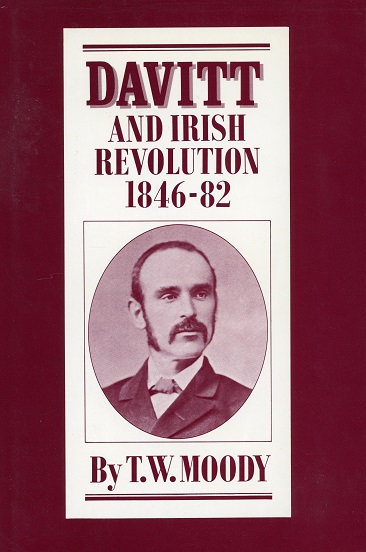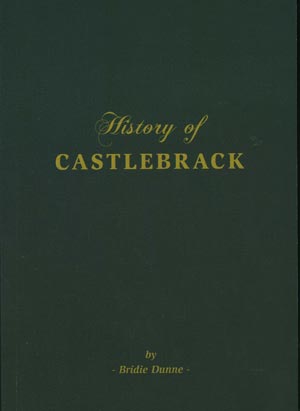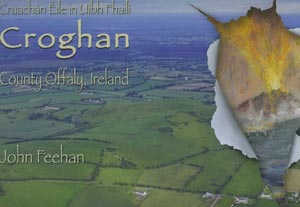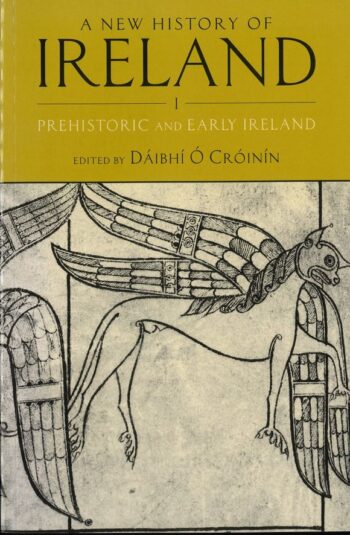Davitt and Irish revolution, 1846-82. – T. W. Moody.
€65.00
Only 1 left in stock
Description
This book is a study of Michael Davitt in the context of two revolutionary movements – the Irish republican or fenian movement, and the ‘Land for the people’ movement. Born in Ireland in 1846, Davitt spent his childhood and youth in industrial Lancashire, where, at the age of eleven, a factory accident cost him his right arm. He joined the I.R.B. (Irish Republican Brotherhood), the secret organisation of the fenian movement, was convicted for arms trafficking in 1870, and spent the next seven years in penal servitude. Released in 1877 on ticket of leave, he stepped into the forefront of Irish politics as an unrepentant fenian, but a searching critic of fenian methods and fenian dogmatism.
Within a year he had pioneered with John Devoy, the leading spirit in Irish-American fenianism, a ‘new departure’ for the fenian movement – a combination between the I.R.B. and parliamentary nationalists of the kind typified by Parnell, in an effort to win national independence and a radical settlement of the land question. This scheme did not materialise, but it prepared the way for the nationalist popular front that took shape in the Land League, of which Davitt was the founder, chief organiser, inspiring genius, and of which Parnell was the president. Drawing indispensable support from fenian energy and capacity for leadership, the league mobilised the tenant farmers in a war of ‘aggressive moral force’ against the landlords with the immediate object of resisting eviction during an acute agricultural depression, and with the ultimate object of abolishing ‘landlordism’ altogether. This ‘land war’ proved to be the watershed in landlord-tenant relations, opening up a social revolution that eventually liquidated the landlords, and transformed the tenants into owner-occupiers.
By 1882, as ‘father of the Land League’ Davitt had earned a secure place in Irish history. He was never again to be at the centre of Irish politics, but for the rest of his life (he died in 1906) his characteristic role was that of free-lance nationalist and democratic reformer, striving for national independence and social justice by constitutional means, and widely known and respected not only in Ireland and Great Britain but also in the U.S.A. and rest of the world. The book traces the career of this unique Irish nationalist in detail to 1882, and in an epilogue reviews his last twenty-four years, and assesses his personality and achievement.
This is a rare, second hand book.
Additional information
| Weight | 1.069 kg |
|---|---|
| Dimensions | 24 × 16.2 × 3.2 cm |
| Hard Or Paper Back | |
| Pages | |
| Place of Publication |




